Today is Earth Day and that's clearly not lost on the many world leaders who have gathered at the United Nations (UN) to finally sign the Paris climate treaty. This agreement is designed to set rules and guidelines for the nations of the world to fight climate change by lowering their emissions of greenhouse gases, especially CO2 (carbon dioxide, which is made during the burning of fossil fuels such as oil).
This historic signing will set a record for the most nations to ever sign the same agreement in one day.
What will it aim to do?
So saying that you'll lower emissions is one thing, but what does that actually mean? The goal is to make sure that the world's temperature doesn't increase by more than 2ºC (3.6ºF) of what it was during "pre-industrial" times. Okay, so that explanation didn't help so much? Pre-industrial means the times before we had stuff like factories and cars, which are the very things that release so many greenhouse gases into our atmosphere. In Canada, Prime Minister Trudeau wants our emissions in 2030 to be 30% less than they were in 2005.
How do we do that?
It's one thing to sign a piece of paper with 165 of your fellow world leaders and write a bunch of numbers down. It's another thing to actually make it all happen. A part of what Trudeau and his government want to do involves investing (or putting money into) renewable energy projects. These are things like wind, solar, and hydro power, instead of fossil fuels like tar sands and oil. The problem? He has to get everyone in the provinces and territories to agree on this plan. That's difficult in places where fossil fuels provide people with jobs, such as Alberta, Saskatchewan, and Yukon.
World leaders like Prime Minister Trudeau and U.S. President Obama will need to work together to make sure that the Paris climate treaty meets its goals. (Getty Images)
Overall, this is a big step, but it's still only a step. The world has signed climate agreements before. In 1997, nations from around the world, including Canada, signed the Kyoto Protocol in Kyoto, Japan. This treaty was meant to do similar things to the new Paris treaty. But it can be a real challenge keeping around 160 nations in line! In fact, Canada was the first country to back out of the Kyoto Protocol in 2011. That was under former prime minister Stephen Harper.
Now Trudeau is saying that Canada is ready to be a leader on climate change again. "Today, with my signature, I give you our word that Canada's efforts will not cease. Climate change will test our intelligence, our compassion and our will. But we are equal to that challenge." Hopefully, it's not just something he's saying because it's Earth Day!
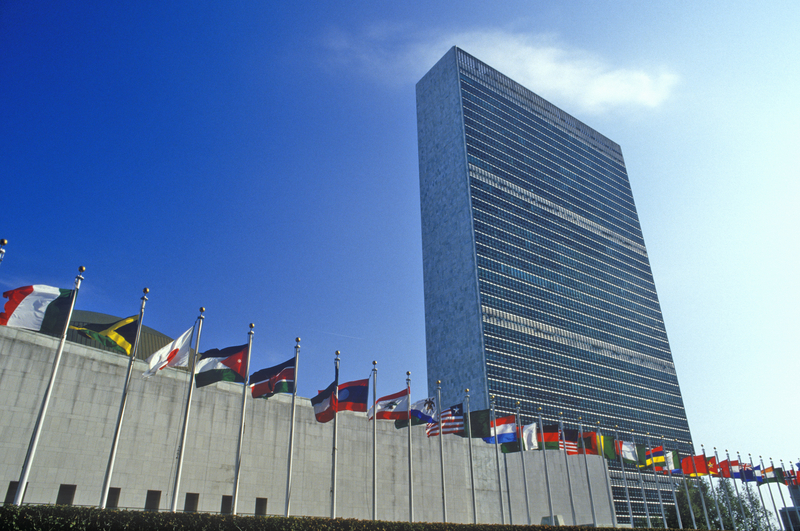 The flags outside the United Nations building in New York City, USA. (American Spirit | @Dreamstime)
The flags outside the United Nations building in New York City, USA. (American Spirit | @Dreamstime)


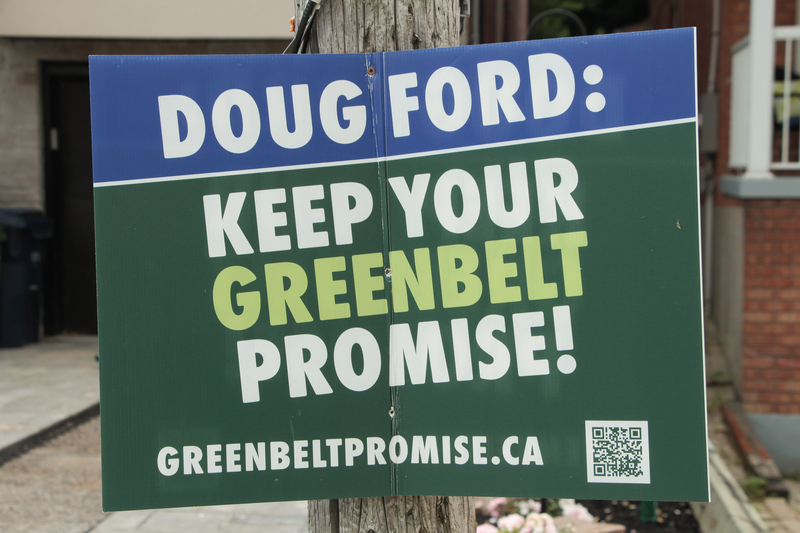
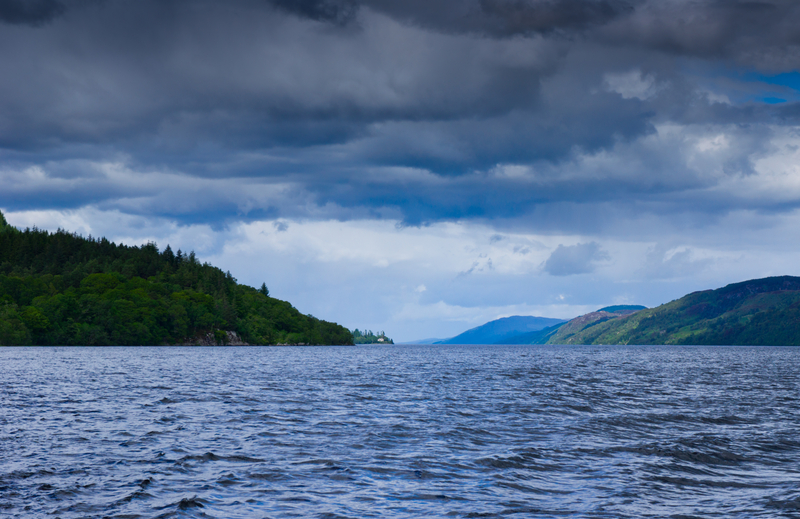
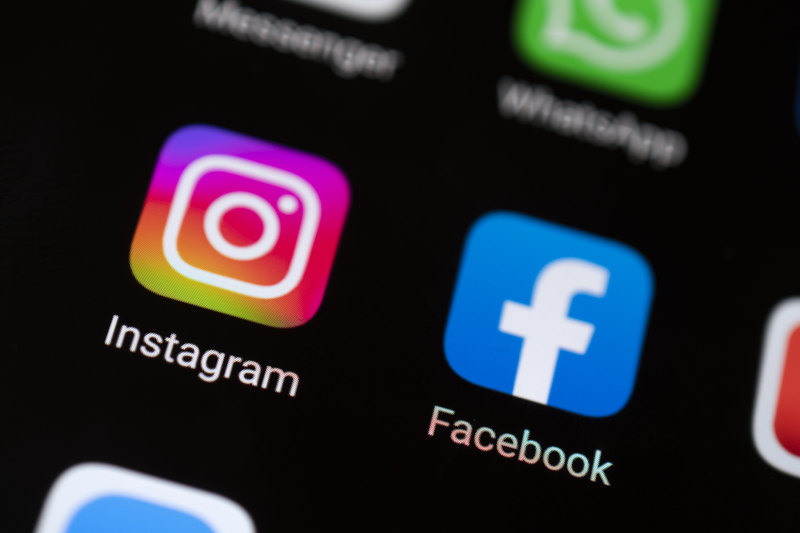
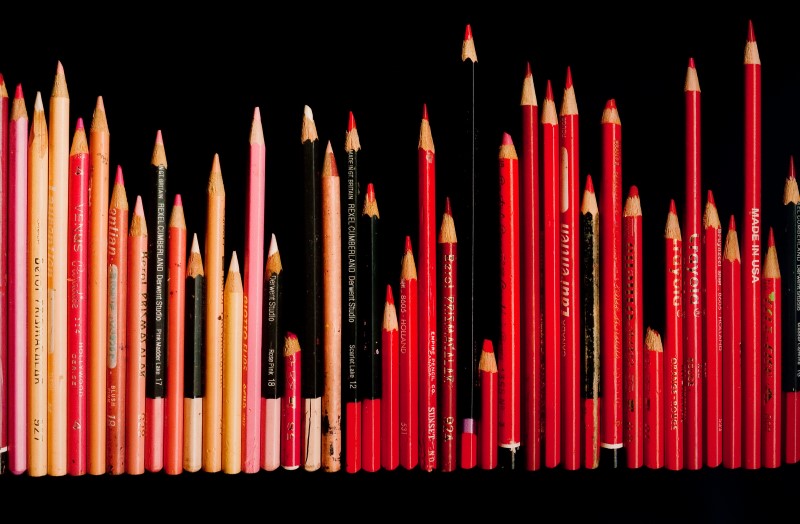

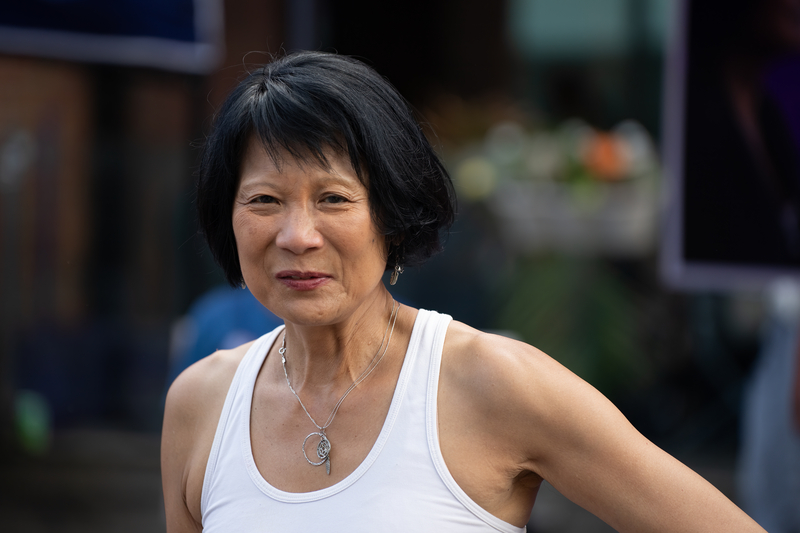
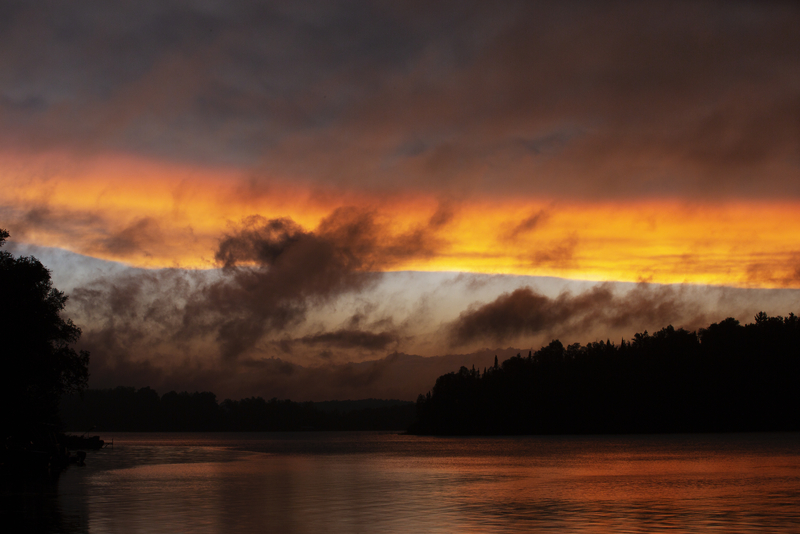
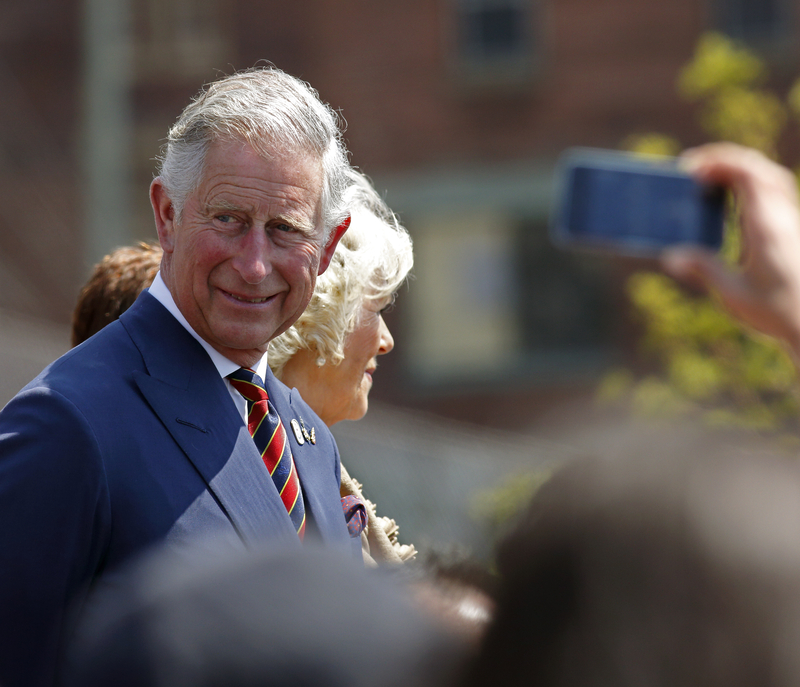
nice let’s go go united NATIONS